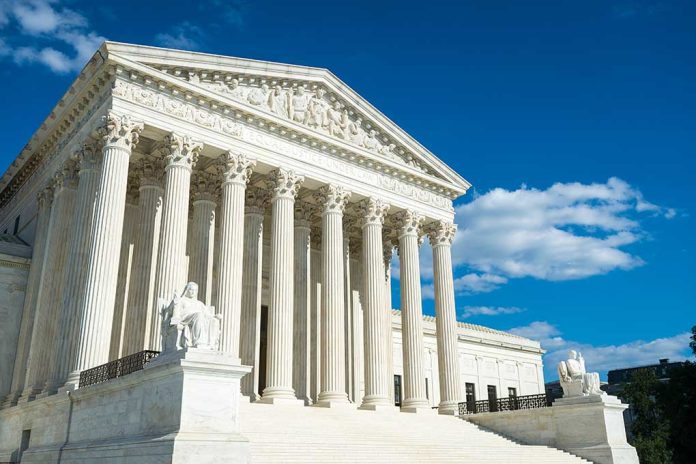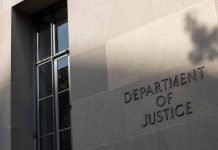
(LibertyInsider.org) – The Supreme Court recently heard arguments related to conflicts between Idaho’s abortion ban and the federal Emergency Medical Treatment and Labor Act (EMTALA). Lawyers for each side made their case before the nation’s highest court on April 24.
At the core of this issue lies a growing uncertainty among doctors about which law takes precedence and when. This confusion is raising serious questions about how medical professionals should handle pregnant patients in medical emergencies.
Supreme Court to consider clash of Idaho abortion ban with federal law for emergency care https://t.co/lduyA3arQj
— CBS Evening News (@CBSEveningNews) April 22, 2024
Idaho’s “Defense of Life Act” (DOLA) was codified under Idaho Code § 18-622 in August of 2022. It severely restricts access to abortion procedures and effectively serves as a total ban in all but a handful of extremely narrow circumstances. The legislation also criminalizes the act of performing an abortion without just cause.
The DOLA does provide allowances for cases where abortion is necessary to save the life of the mother. It also makes allowances for victims of assault in their first trimester and minor victims of child abuse.
First enacted in 1986, EMTALA broadly requires hospitals receiving Medicare funding to provide emergency medical care to patients regardless of financial or legal status. It defines “care” as including procedures for screening and stabilization.
EMTALA states that doctors must stabilize patients who present with emergent medical conditions, including abortion in certain high-risk cases. But DOLA’s near-total ban leaves some feeling forced to violate one law just by following the other.
A doctor who feels compelled to perform an abortion could, depending on the circumstances, face criminal charges for violating DOLA’s restrictions. Others could find themselves forced to wait until the mother’s death is imminent, raising the risk of morbidity or further complications.
The American Medical Association (AMA) spoke out on this issue in a Writ of Certiorari to the Supreme Court. It called abortion a necessary stabilizing procedure and accused DOLA of creating a “dangerous situation for both clinicians and patients.” A number of doctors have even stopped providing care in Idaho and moved to other areas, fearing legal repercussions.
But many anti-abortion activists disagree. They feel Idaho’s law contains clear guidelines for when and why a clinician should offer an abortion and accuse pro-choice activists of sowing unnecessary fear and chaos among doctors.
The Supreme Court’s decision could set a precedent that impacts abortion access nationwide. However, a final decision isn’t expected until June.
Copyright 2024, LibertyInsider.org














